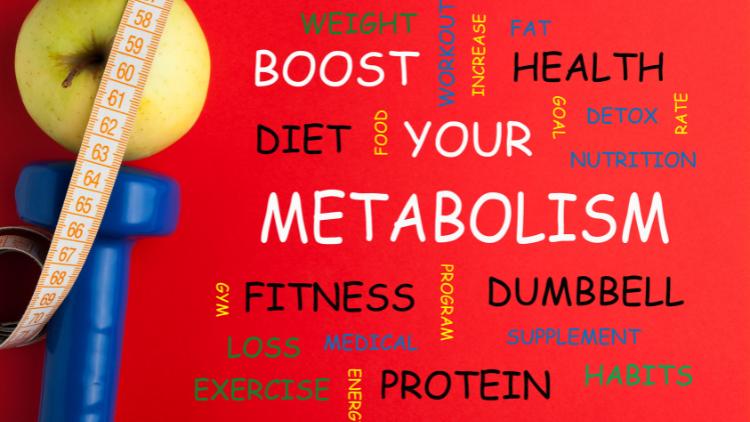When women over 40 consider weight loss, they might be concerned about the medications currently prescribed to them. Could this be the cause of their weight gain?
With so many drugs on the market, how can you know if the one you’re taking is causing slow metabolism? The simple answer would be to learn the drug’s side effects before taking it. Also, whenever it comes to medication, you should always consult your doctor with any questions or concerns. But as far as your metabolism goes, could your prescription be slowing it even more?
When Does Your Metabolism Slow Down?
So, when does your metabolism slow down? At what age does this start happening? Generally speaking, around the age of 40-60, it begins to slow down.
Some people have what is referred to as a “fast” metabolism. From an outside perspective, it may seem as though some people can eat whatever they want without gaining weight. For others who are dealing with a “slow” metabolism, it’s more tricky and nuanced. Our bodies burn calories slower, which causes unwanted weight gain. Being prescribed a medication that further slows your metabolism can be devastating to your diet.
Some drugs that may slow metabolism are those prescribed for diabetes, steroids, and medications that treat mental health problems, such as depression and schizophrenia. Some of these (and other) medications can stimulate the appetite, causing hunger and, perhaps, overeating. By acknowledging the side effects of medications prior to taking them, you can know what to expect and try to head off the coming hunger.
What are the Signs?
If you find you are unfulfilled after eating, or going back for a second or (gulp!) third helping, these could be signs of slow metabolism. Once you know the signs, you can work to fix them. Focus on nutritious foods. Your body will thank you for your healthy decisions.
Have other questions? Let us know how we can help!

